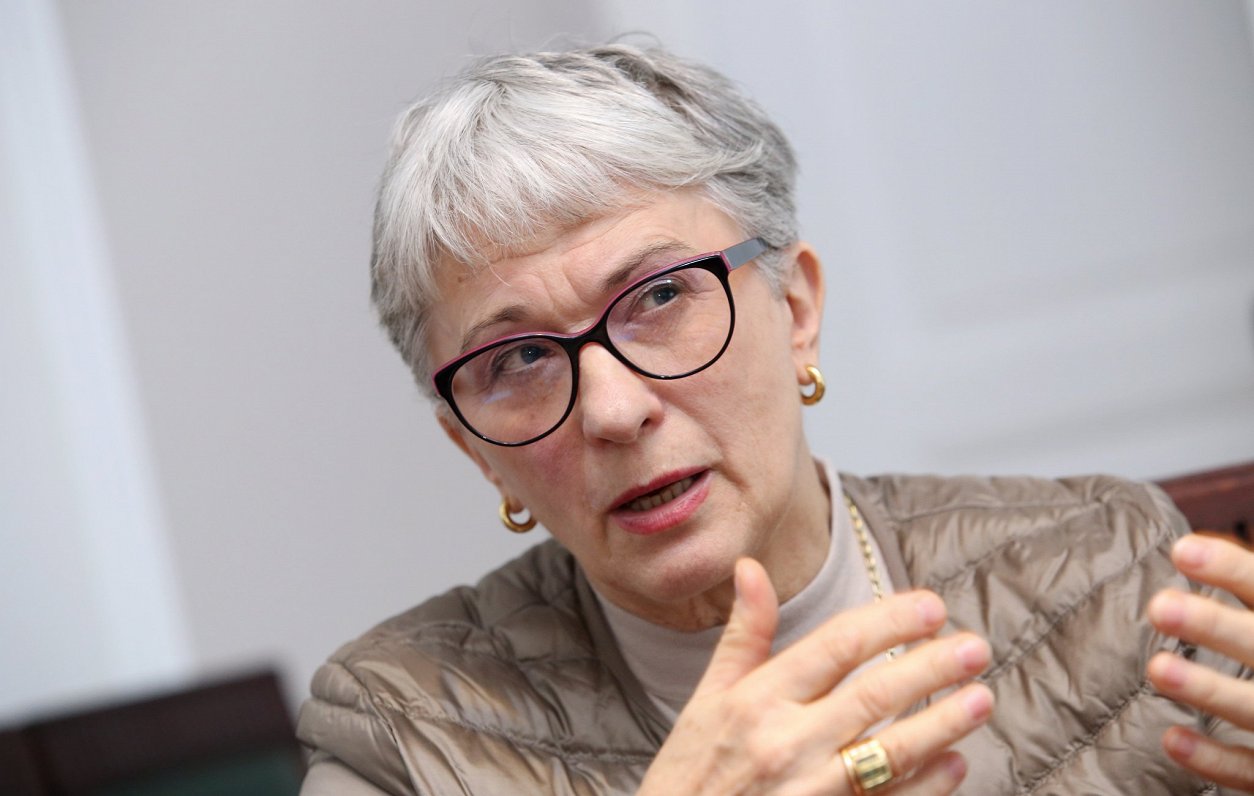The announcement by several officials of the European Union (EU) that “EU will not fund barbed wire and walls” has changed since the situation on the eastern border has intensified, according to Kalniete. She said that what is happening on the EU's eastern border is the worst crisis in the region since the collapse of the USSR. Kalniete also said that if Poland is granted funding to strengthen the border, it will also be granted to Latvia and Lithuania.
On the Polish–Belarusian border, the situation is particularly dangerous as it could turn into a provocation that could turn into an armed incident, which in turn could lead to military conflict. The rhetoric of EU officials on strengthening the eastern border and EU support for it has changed because of reality.
“I had no doubt that the EU would take a decision to finance its eastern border, it is not just the border of Latvia or Poland, it is also the EU border,” Kalniete said.
Looking at EU funding rules, there is no mention that funding should not be allocated to strengthening the border, said Kalniete, explaining that the moral position not to fund fences was probably the result of Europe being divided by the Berlin Wall.
On the other hand, Commander of the National Armed Forces (NBS), Lieutenant General Leonīds Kalniņš, explained in an interview on Latvian Television that NBS was ready to react immediately if the situation on the border deteriorated. Every day 100 to 150 national guardsmen and soldiers help the State Border Guard.




























